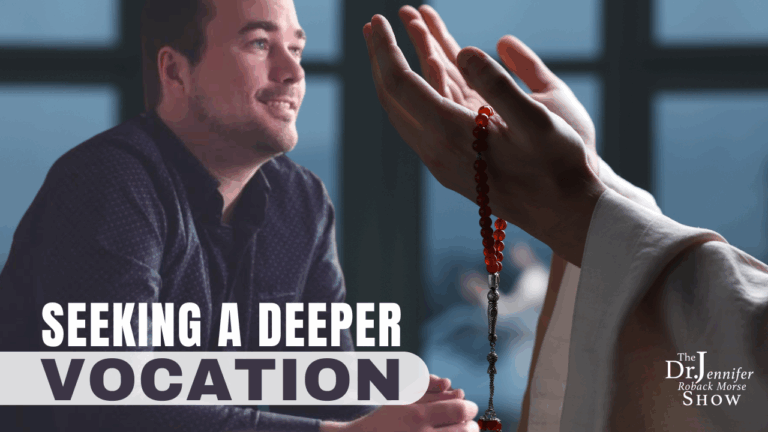The End of Men recently published in the Atlantic, can’t decide whether the marginalization of men from the family, the economy and the academy, is a nightmare or a dream come true. Steve Baskerville takes on the questions no one else will and says what no one else will say. The End of Men is not a naturally occuring result of natural forces, but something aggressively constructed by committed ideologues:
While elite feminists did assume previously male occupations, many more women have entered the workforce in professionalized versions of traditional homemaker roles. This has transformed childrearing and other domestic tasks from private family matters into public, communal, and taxable activities, necessarily expanding the size and power of the state and leading to the creation of vast bureaucracies to oversee public education and social services.
These are precisely the professions now being expanded by the Obama administration’s massive stimulus expenditures. The effect is to amplify the intrusion of the state into the home—indeed, the displacement of the home by the state. For as feminists point out, the feminine functions were traditionally private. Professionalizing feminine roles has therefore meant institutionalizing in government bureaucracies responsibilities that were once characteristic of private life. The politicization of children and the usurpation of parental rights under the guise of child protection are the clearest manifestations of this.
Fathers have been marginalized, and their lives are ever more directly administered by the state. They are not simply “absent,” as Rosin writes—they are increasingly likely to be under the control of the judicial and penal systems. Rosin’s article provides a telling example of a particularly state-feminist form of punishment now meted out to men: therapy.None of the 30 or so men sitting in a classroom at a downtown Kansas City school have come for voluntary adult enrichment. Having failed to pay their child support, they were given the choice by a judge to go to jail or attend a weekly class on fathering…. This week’s lesson…involve[d] writing a letter to a hypothetical estranged 14-year-old daughter named Crystal, whose father left her…
What is clear from Rosin’s account is that the therapy, like the penal system, has been designed less to punish the alleged crime than to psychologically recondition men….
Rosin neglects to mention that none of the men in Kansas City has been convicted of any crime. They have not run afoul of police, prosecutors, and juries through the normal criminal-justice process. Instead, they are subject to welfare officials who exercise quasi-police and quasi-prosecutorial powers. They are brought—in what is sometimes described as an “expedited judicial process”—before a judge (or a black-robed lawyer known as a “judge-surrogate”) who may spend a few seconds glancing at some documents before entering orders to evict them from their homes, separate them from their children, confiscate their earnings, and sentence them to re-education or incarceration, all without the benefit of due process.
I don’t understand how and why “libertarians” can be indifferent to this process. Steve and I have talked about this many times privately, and it is a mystery why those who claim to be opponents of the overweening state can’t spare a thought for the politicization of the most private aspects of life: the family. The libertarians want to sit out the same sex marriage issue, claiming that having no institutional structure around marriage is the least intrusive position for teh state to adopt. But the way the state has moved into the vacuum created by the sexual revolution and feminist ideologies shows that the “no institutional structure” around marriage and child-bearing is not the minimal government position.



